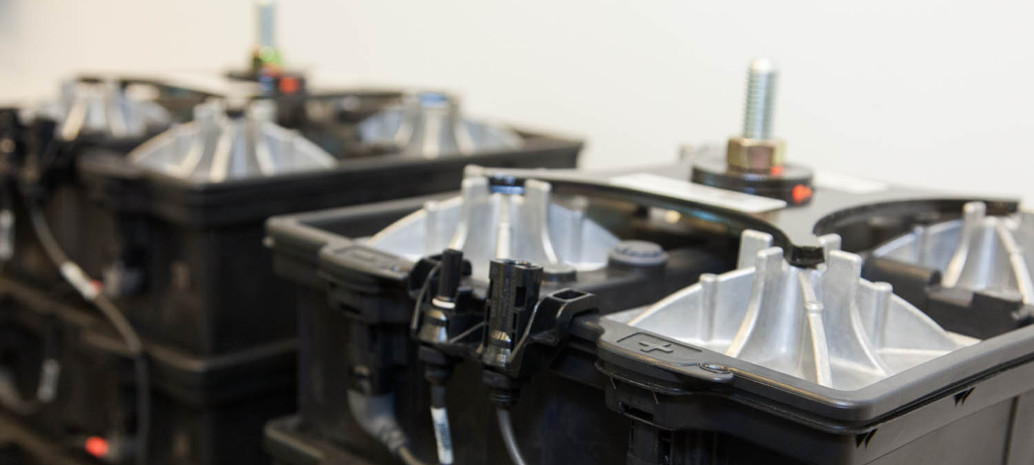Hailing the government’s announcement on tax rebate for electric vehicle components, Rahul Walawalkar, President, India Energy Storage Alliance (IESA), told pv magazine, “In line with the vision to make India pollution free, the Government of India has once again shown its commitment to encourage and implement electric vehicles and clean fuel energy. Announcements of tax rebates on the import of EV technology, including batteries and motors, and incentives for local battery manufacturing will speed up the EV revolution. We are happy to see the continuing support of the government in realizing India’s EV dream.”
Now, “We urge the Government to take swift action in launching the National Energy Storage Mission in order to support the development of an R&D and manufacturing ecosystem for energy storage and EVs,” he added.
To encourage Make In India, the Indian government had recently slashed the customs duty on EV parts and components to 10-15%. Earlier, EV parts and components imported for assembly in India attracted duties of between 15 and 30%. The move will eventually make EVs cheaper and encourage their adoption in India.
Further, the government has withdrawn customs duty exemption on assembled battery packs for use in the manufacture of electric vehicles. These will now attract 5% duty. The move is intended to spur domestic battery assembly and manufacturing.
While the announcements are in sync with the expectations of the domestic EV battery industry, the latter is also asking for Goods and Services Tax (GST) on EV batteries (18%) to be made the same as for EVs (12%).
Overall, the India Energy Storage Alliance (IESA) estimates that the Indian market for storage will grow to more than 300 GWh over the next seven years. The country is expected to attract investment for as many as four giga factories to manufacture advanced lithium-ion (Li-ion) batteries, amounting to backing of more than $3 billion in the next three years, according to the alliance.
As with solar PV products, however, the current market for the manufacture of Li-ion batteries is still lacking, with most of the work still focused on R&D—and that too, at the government sector level. In the private sector, meanwhile, companies are primarily building battery packs with Li-ion cells imported from China.
This content is protected by copyright and may not be reused. If you want to cooperate with us and would like to reuse some of our content, please contact: editors@pv-magazine.com.









1 comment
By submitting this form you agree to pv magazine using your data for the purposes of publishing your comment.
Your personal data will only be disclosed or otherwise transmitted to third parties for the purposes of spam filtering or if this is necessary for technical maintenance of the website. Any other transfer to third parties will not take place unless this is justified on the basis of applicable data protection regulations or if pv magazine is legally obliged to do so.
You may revoke this consent at any time with effect for the future, in which case your personal data will be deleted immediately. Otherwise, your data will be deleted if pv magazine has processed your request or the purpose of data storage is fulfilled.
Further information on data privacy can be found in our Data Protection Policy.